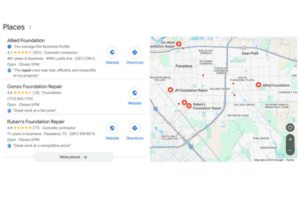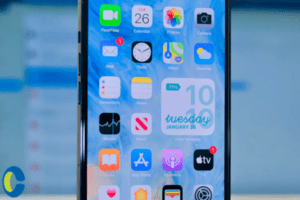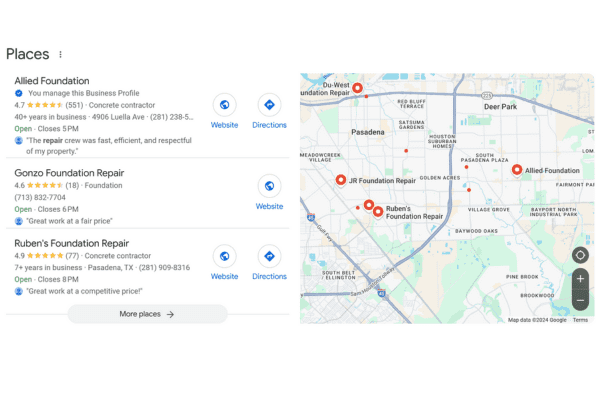Half of all holiday shoppers will be influenced in some way by social media activities this year, according to a survey on holiday shopping from MarketLive. This means that social media will be particularly important for businesses this season.
Additionally, the MarketLive survey found that 30% of respondents had made a purchase as a result of engaging with companies through social media within the past year. That number was just 18% last year.
When it comes to Twitter, DB5 Research found that people that regularly used Twitter were more likely to impulsively buy products compared to those that do not use Twitter, and 81% of the respondents to DB5’s survey that used Twitter enjoyed doing holiday shopping, compared with just 56% of non-Twitter users. Twitter users also start holiday shopping early – when the survey was conducted in August 2014, 34% of respondents had already been thinking about their Christmas shopping.
In regard to the advertising strategies that businesses should deploy during the holiday season, Twitter offered suggestions in the study conducted by DB5 Research: Reviews and Price. Twitter stated that price and reviews are two of the more common considerations shoppers make when they consider a purchase. Companies should also take mobile optimization into account on Twitter, because 7 out of 10 Twitter users use their mobile devices to shop online.
Did you know that three out of five small- to medium-sized companies said that they gained customers through social media? No matter the size of the business or the products it sells, social media is a powerful tool for creating relationships with holiday shoppers and driving increased sales. Brands that have a holiday social media plan in place will be well-positioned to take advantage of new customer acquisition and sales growth opportunities.
How can businesses strengthen their social media activities for the holiday season?
Know the niche.
Understanding the niche a business exists in gives a company a better chance of success on social media, especially in a crowded industry space. By tailoring all messaging to a specific, well-defined niche, a company can more strongly promote their brand and more accurately target customers with advertising campaigns.
Choose the right networks.
This goes hand-in-hand with understanding the niche a company inhabits. Customers and companies alike are busy during the holiday season. By only targeting the social media networks where the target consumer is, a company saves valuable time and resources, and is more precisely able to deploy their holiday campaigns. Always go where the customers are.


Choose the right holidays.
According to comScore, the top spending days in the year 2013 were Black Friday, Cyber Monday, Thanksgiving Day, and Green Monday. Brands that want to branch out into other holiday marketing segments can target holidays like Halloween, Valentine’s Day, and St. Patrick’s Day, for example. There are many potential holidays and shopping timelines to leverage, so brands should concentrate on narrowing down their focus and choosing the most profitable and sensible holidays and seasons to deploy campaigns in. Actively participating in all holiday activities on social media might be overwhelming for many brands, so it’s vital to have a focused strategy.
Create a calendar.
A successful social media advertising strategy will employ a content calendar. Having a calendar allows marketing teams to more effectively plan their strategies, whether it is the entire seasonal strategy or a strategy that targets a specific social network. The schedule ensures that all content and advertisements are regularly deployed and nothing is lost in the commotion of the holiday season. It is also helpful for planning strategic pushes during peak consumer shopping periods and helping teams stay on track with scheduling social media posts and other content assets in advance.
A detailed and calculated social media advertising strategy exploited during the holiday season allows brands to focus their energy on creating superior content that boosts both customer engagement and sales. The better the strategy, the more likely a brand is to be seen over the competition and make the all-important connection with consumers.
Nick Rojas is a business consultant and writer who lives in Los Angeles and Chicago. He has consulted small and medium-sized enterprises for over twenty years. You can follow him on Twitter @NickARojas.















